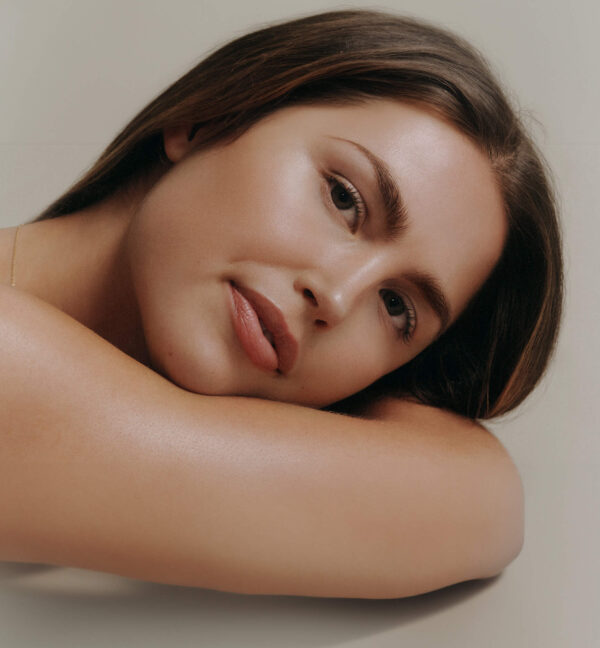SUBSCRIBE TO OUR NEWSLETTER & RECEIVE $25 OFF* LEARN MORE
West Island
6500 De la Triade St #500 (Corner St. Jean)
Pointe Claire QC H9R 0A2
Pointe Claire QC H9R 0A2
| Monday | |
| Tuesday | |
| Wednesday | |
| Thursday | |
| Friday | |
| Saturday | |
| Sunday | Closed |
Phone: 514.360.0457
Available
treatments
Our
experts
Our Victoria Park Medispa West Island clinic is unique thanks to the expertise and passion of our dedicated team. We have been in operation for eight years, boasting a wide variety of services, with a very personalized, warm, and customer-centric consultation process. We have three fantastic physicians on our team, whose reputations precede them in a geographical area lacking their specific skill sets.
Our team of experts includes two doctors who have been with our clinic since the very beginning: Dr. Miriam Hakim, Private Dermatologist specializing in injectables and dermatology.
DISCOVER OUR TOP 5 POPULAR SERVICES AT VICTORIA PARK MEDISPA WEST ISLAND
1- Injectables at Victoria Park Medispa West Island: Injectables are one of our top five popular services that we offer, with very experienced doctors and nurses. We offer a variety of fillers, as well as bio stimulants such as Sculptra and Radiesse, specializing in lip augmentation, jaw contouring and enhancements, and muscle relaxants. We pride ourselves on only offering the treatment that is right for you, depending on what you are looking to achieve.
2- BBL at Victoria Park Medispa West Island: Our second most popular treatment is BBL (Broad Band Light for the skin) to help rejuvenate the appearance of your skin and help treat pigmentation and age spots. Our team is very experienced, and we offer great packages!
3- Body contouring at Victoria Park Medispa West Island: We offer Coolsculpting, as well as Emsculpt Neo with applicators for all body areas (legs, abdomen, arms, back), including Emsculpt Neo Edge targeting the flanks. These are great non-surgical options for body contouring to get rid of stubborn fat.
4- Laser Hair Removal at Victoria Park Medispa West Island: Another popular treatment at our West Island clinic is laser hair removal, with the use of our GentleMax Pro Plus technology, which is a hybrid laser (Alexandrite and YAG laser) that can treat all skin tones and gets you the best results with minimal discomfort!
5- Fractional Laser at Victoria Park Medispa West Island: Our fifth most popular treatment is fractional laser skin resurfacing, using our Halo and CO2 lasers. This will help reduce the appearance of fine lines and wrinkles, as well as pigmentation and deep acne scarring.
DISCOVER OUR OTHER TREATMENTS AT VICTORIA PARK MEDISPA WEST ISLAND
A treatment that is becoming more popular at our Pointe-Claire clinic is our micro needling with NCTF boost treatment, in which we add a serum that provides the skin with better results due to increased hydration and healing. This serum compliments the treatment to improve skin quality and texture, leaving you looking and feeling more refreshed and rejuvenated following the treatment!
WHY CHOOSE VICTORIA PARK MEDISPA WEST ISLAND
We have a fantastic team that can’t wait to help you reach your ideal beauty goals! Our General Manager has been with Victoria Park Medispa for 8 years now and is happy to oversee the team and ensure everyone has what they need to be productive, while supporting the doctors and our boutique. The team also has three technicians, as well as a team lead who has been working for Victoria Park for almost a decade! Our nurse injector is always on-site, with over five years of experience at Victoria Park Medispa, and specializes in injectables.
Victoria Park Medispa West Island is located in Pointe-Claire, just off St-Jean street. Clients should take De La Triade street to locate us at 6500 Trans Canada in the building with the BMO (near the IGA parking lot). There is a free parking lot, and you can take the elevator to the fifth floor to our reception area. We always have a welcoming, friendly vibe, while providing a high-end service. We also have a beautiful boutique, where you can purchase our MD Formula line of products and kits, as well as other products such as Skinceuticals, Neocutis, etc. We look forward to greeting you for your consultation or appointment soon!
Let's get in touch
Not ready to book your consultation yet? Contact us by filling in the form below or call us at 514.488.8668 to discuss your questions with a member of our Appointment Concierge Team. We look forward to helping you.























